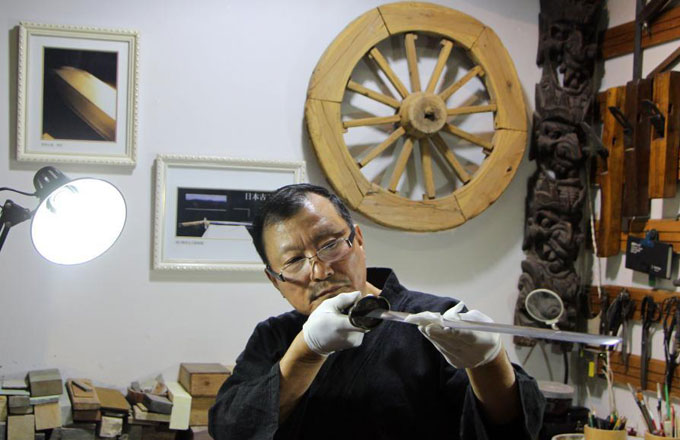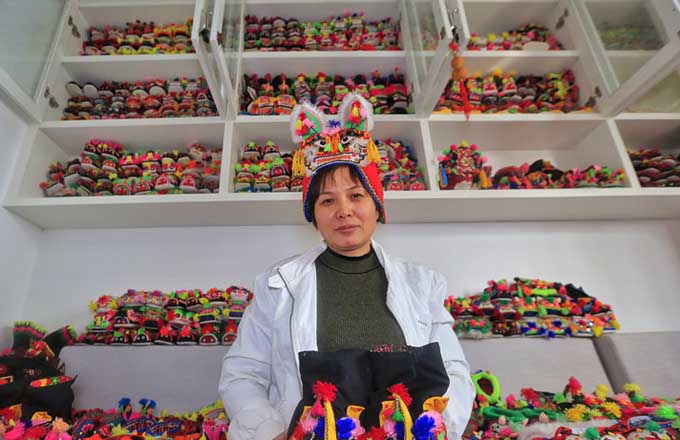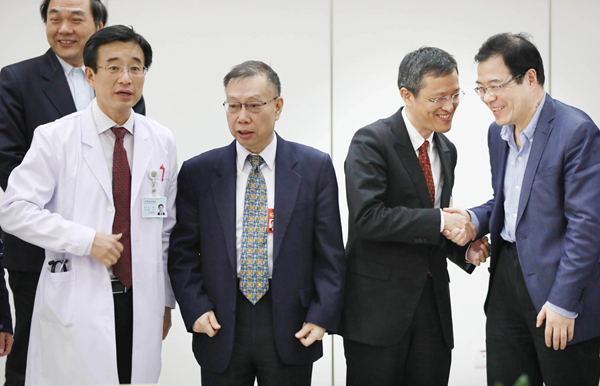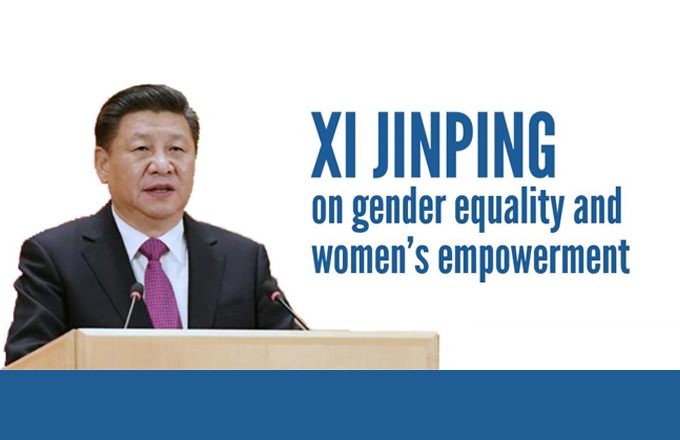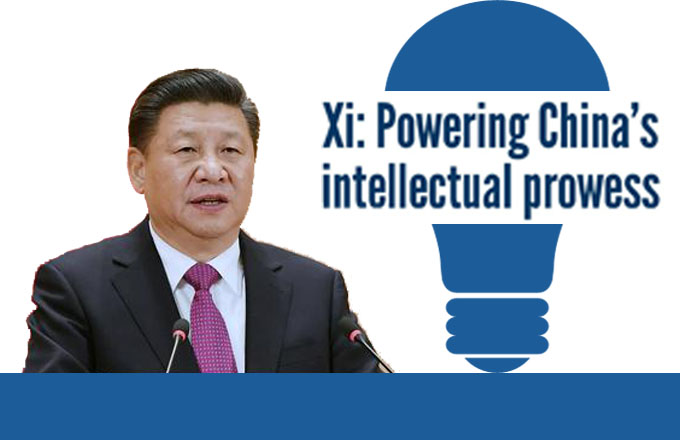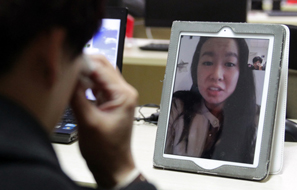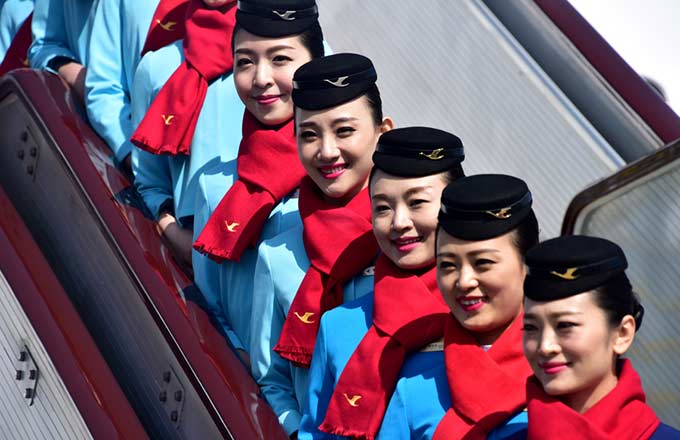Aging population sparks dementia concerns
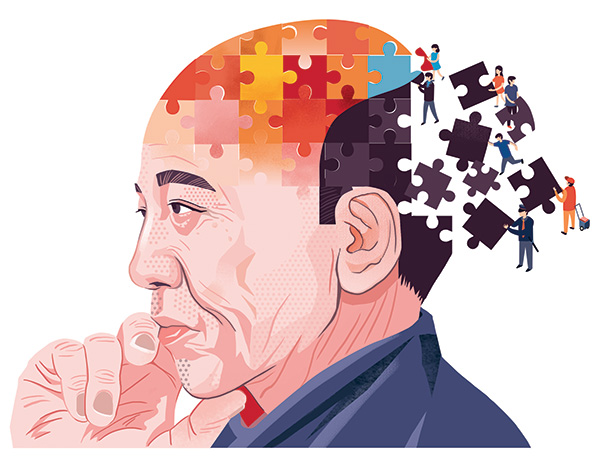 |
|
China Daily |
Online alert
The Toutiao Alert for Missing People, mainly used for locating missing seniors, has been incorporated into the company's signature app, which claims to have access to 78 million active users.
The tool pushes notifications about information related to a missing person, including photos, name, age and notable details, to every user within a set radius as soon as the alert team verifies a request for assistance. In certain rare cases, the alert can reach every user in a city.
Zhao Tian, Toutiao's senior vice-president, said it doesn't matter how advanced the technology is, it will never truly make an impact on its own because it is reliant on the real masters of technology-h(huán)umans-to realize its full potential.
Last month, Toutiao established a volunteers' alliance dedicated to searching for missing people.
The online platform joined with groups of security guards, taxi drivers, couriers, street cleaners and semi-professionals, such as Su's squad.
Celebrities, such as actresses Gao Yuanyuan and Yao Chen, also added their voices to calls for greater public awareness of the problem.
Zeng Hua, the leader of the alliance, said the team has helped to find more than 1,000 missing seniors since the Toutiao alert came online last year.
Big data
Using technology that harnesses modern developments such as big data, location sharing, push notifications and people's growing reliance on smartphones, the team can rapidly conduct and complete searches that once took hundreds or even thousands of manpower hours.
It has witnessed a surge in its success rate, and a growing number of people, including the police, social workers, volunteers and families are now placing their trust in the service.
Dang Junwu, deputy director of the China Research Center on Aging, said the problem of dementia can only be resolved through expert intervention:
"Everybody wants to be a good son and daughter and treat their aged parents well, but mental issues cannot be solved with money, only by professional involvement."
Last year, 15.3 percent of senior citizens believed they required care, more than double the number in 2000, while 98 percent lived at home and relied on their families to look after them, according to the All-China Women's Federation.
Zhang Kaiti, vice-chairman of the China Silver Industry Association, an NGO run by academics, businesspeople and former government officials in the elderly-care business, called on the government to provide basic care services for senior citizens with dementia.
"In the past, the authorities failed to pay enough attention to this group. Given the resources it possesses, the government should offer more help to those in urgent need."
Contact the writer at [email protected]
- Distinctive disciplines play key role in promoting university's global influence
- China's new spaceship to rival the best in the world
- Perfect move: Female chess master discusses life and video games
- Southern Chinese province sees railway-building boom
- Virtual reality flashes at China's 'two sessions'







